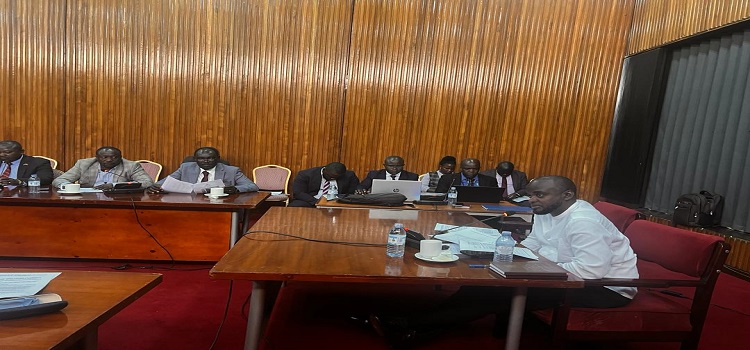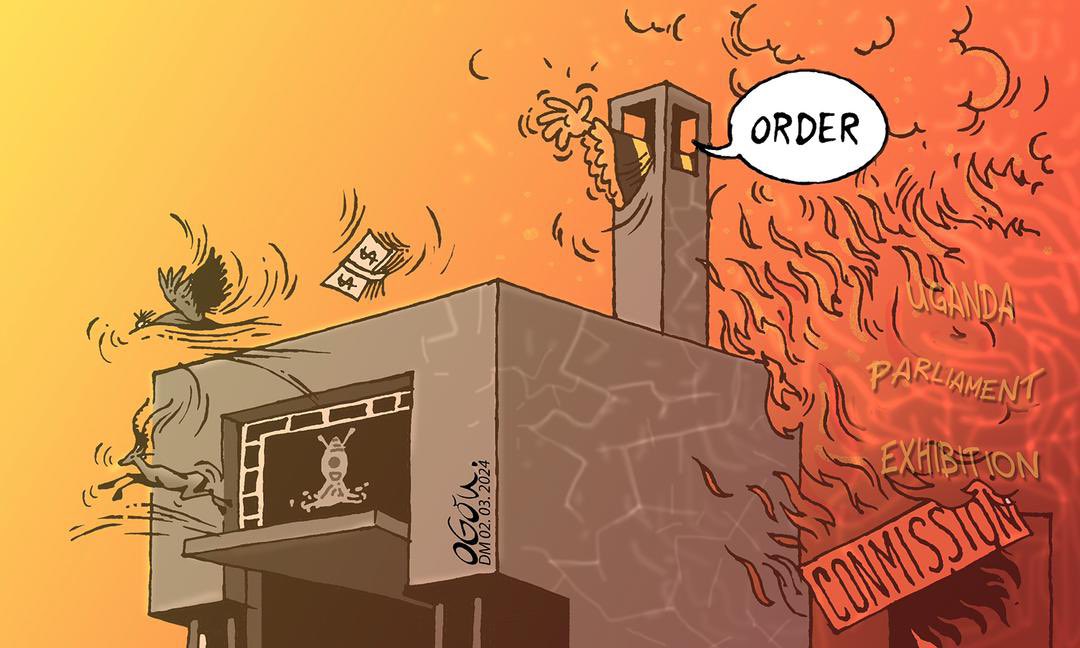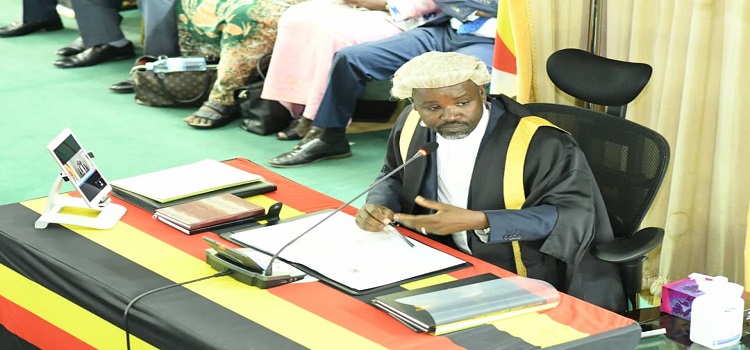The Uganda National Bureau of Standards (UNBS) encountered difficulties in defending their budget allocation of Shs 3.363 billion designated for the general use of goods and services. During a session with the Committee on Tourism, Trade, and Industry, UNBS, led by Acting Executive Director Daniel Nangalama, presented the Ministerial Policy Statement and Budget Estimates for the fiscal year 2024/2025 on March 20, 2024. However, their presentation raised more questions than answers for the legislators.
Chairperson of the committee, Hon. Mwine Mpaka, expressed dissatisfaction with the UNBS team’s inability to provide detailed explanations for key budget items, particularly the allocations for goods and services and travel expenses totaling Shs6.063 billion. Mpaka highlighted the lack of clarity in the breakdown of these allocations, emphasizing that UNBS had merely requested funds for maintenance and research without providing specific details.
In response to Mpaka’s concerns, Nangalama and the UNBS team acknowledged their shortcomings and agreed to revisit the budget to provide a more comprehensive explanation. However, their failure to justify the budget allocation prompted further criticism from MPs, including Hon. Richard Gafabusa, who emphasized the importance of accountability in budgetary matters. Gafabusa asserted that if UNBS could not defend their budget, the committee could not advocate for it in the House.
Another MP, Hon. Francis Mwijukye, questioned why multiple entities, including UNBS, were struggling to defend their budgets. He speculated whether the shift from sector to program budgeting was contributing to the challenges faced by these entities.
The session highlighted the importance of transparent and accountable budgetary processes, with MPs expressing concerns over the lack of detailed justifications provided by UNBS for their budget allocations. The committee’s decision to send UNBS officials back to review and provide a more comprehensive breakdown of their budget underscores the need for clarity and accountability in government spending.




















